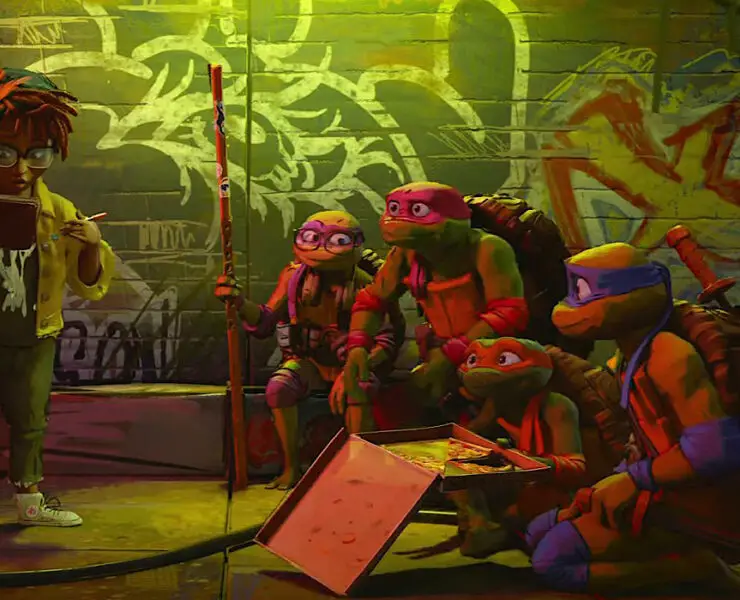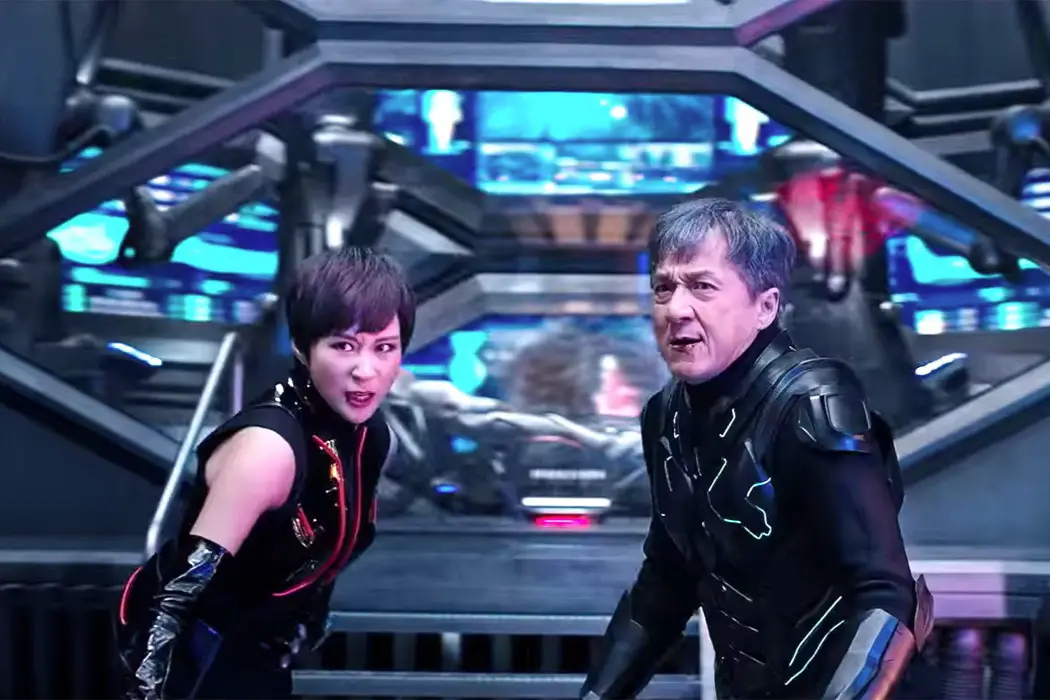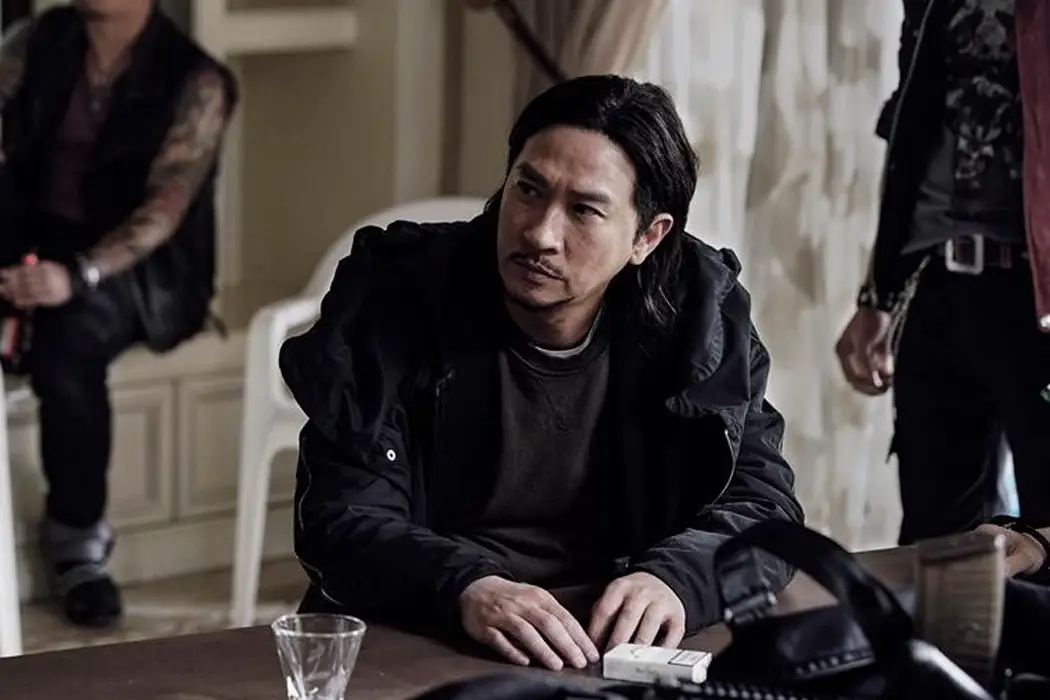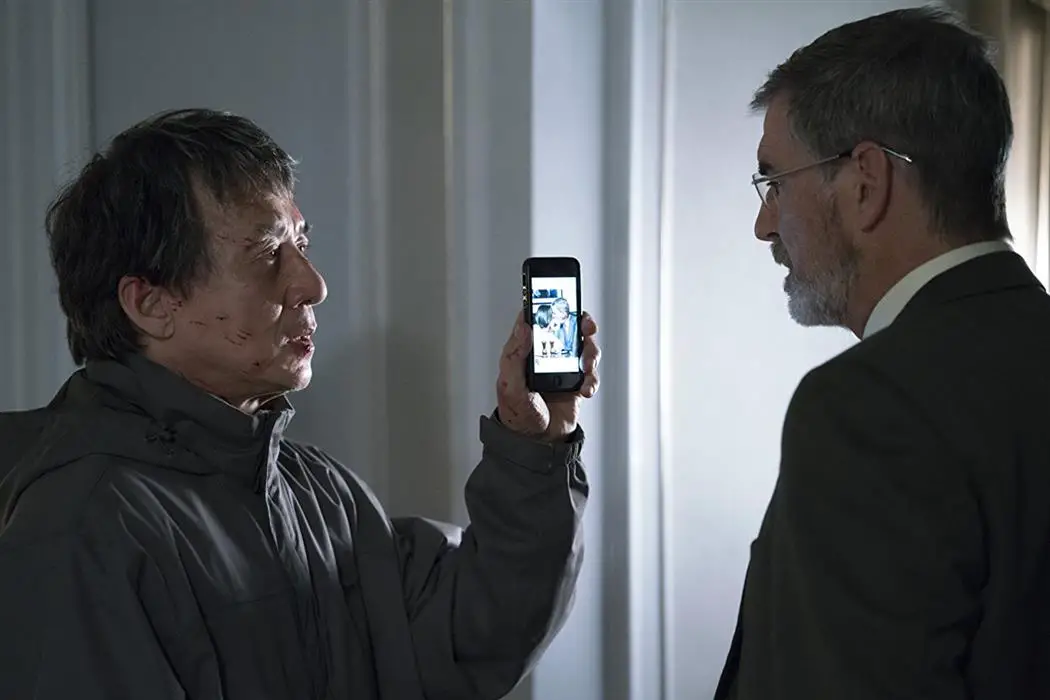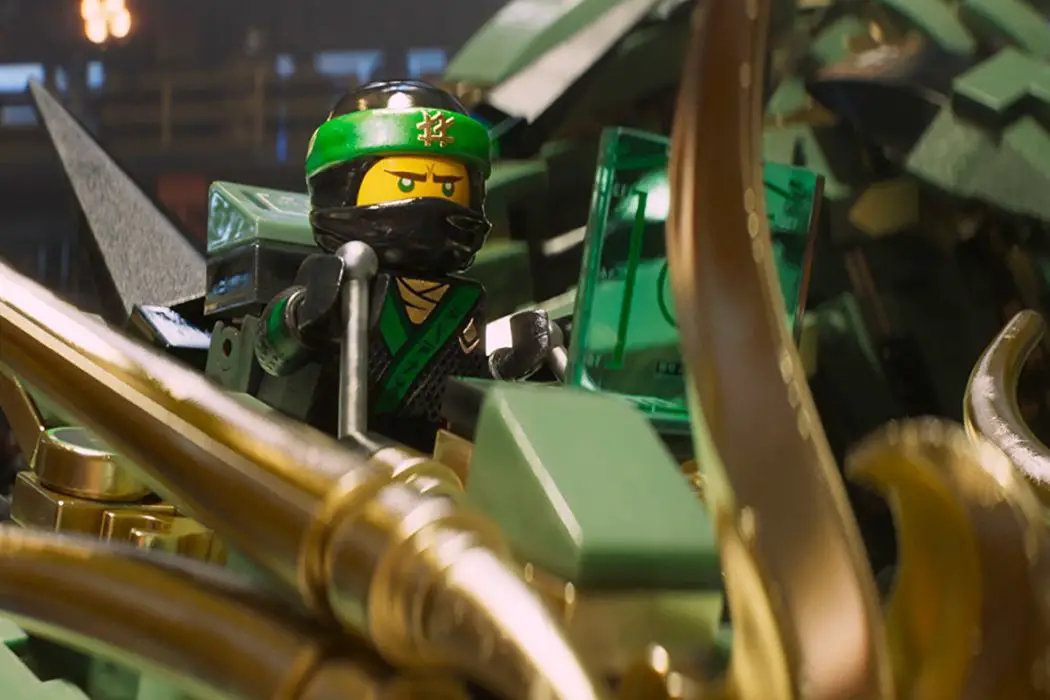Jackie Chan
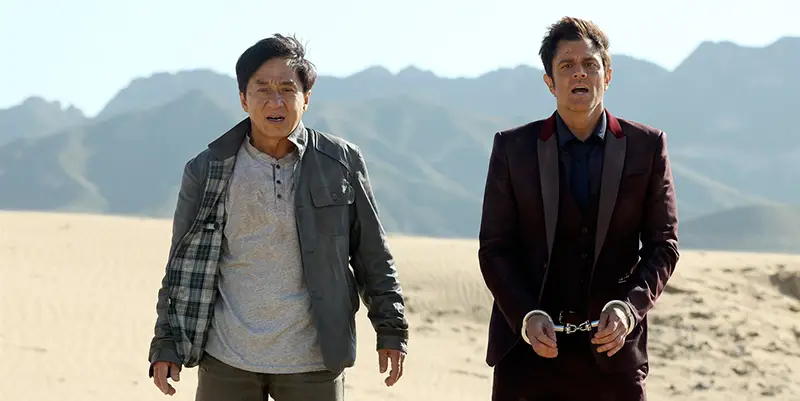
Skiptrace (originally titled Jue Di Tao Wang) is a 2016 action-comedy film directed by Renny Harlin and starring Jackie Chan, Johnny Knoxville and Chinese actress Fan Bingbing. It is about a Hong Kong cop and an avid gambler that must team together, each for their own reasons, and take down the Chinese crime syndicate and its mysterious leader ‘The Matador’. It is a film that I, in all honesty, did not want to sit down and watch at first but did, due to unmentionable circumstances, and in my forced viewing of this easy-going and lighthearted film, I began to remember why Jackie Chan is one of the most beloved names in Hollywood.
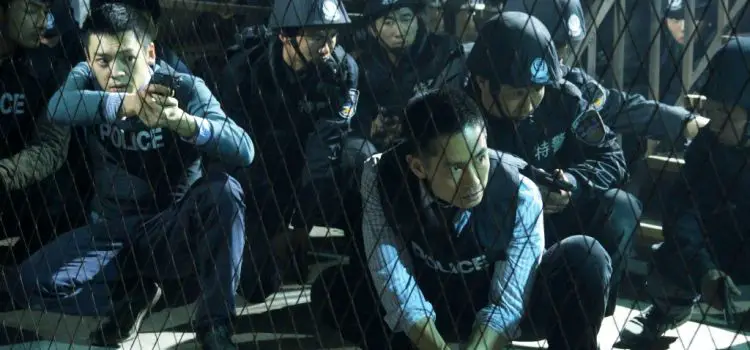
If you look at the films of Hong Kong before and after 1997, there is a striking difference. The action films leading up the nineties were fast-paced, tough, gritty with an edgy quality that paralleled Hollywood’s assembly line modeled studio era. The years surrounding the handover of Hong Kong to mainland China around 1997 proved to be an uncertain time for Hong Kong’s bustling film industry.
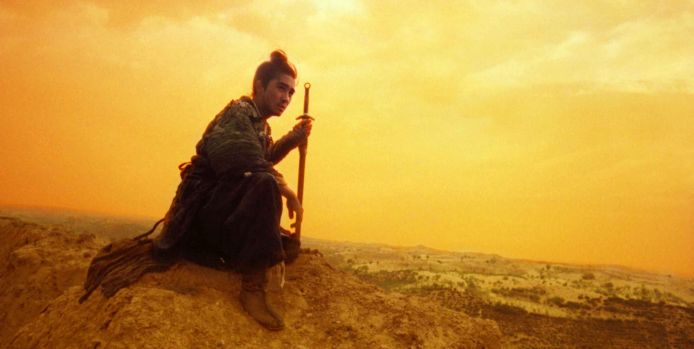
The 1980’s through the years leading up the handover in 1997 were paramount in Hong Kong’s long-running series of action films. They have yielded some of the best titles to have emerged from the crown colony as it was in this era. The very words “Hong Kong” at this point in time stirs up images of hit men wielding two handguns, flying swordsmen, and an endless array of bright neon lights.
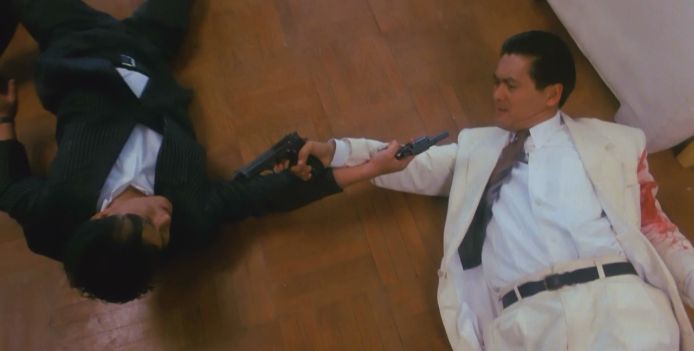
The Hong Kong New Wave of the late 1970’s had diverted, and the benefit of this diversion was the short-lived, but prolific Cinema City in 1980. Founded by comedians Alan Mak and Wong Jin, Cinema City would be the jumping point for some of Hong Kong’s most prestigious directors. John Woo, Ringo Lam, Tsui Hark, Eric Tsang, Ronny Yu, and Johnnie To found their way into the film business through Cinema City; these filmmakers would make some of the most innovative and energetic films ever.
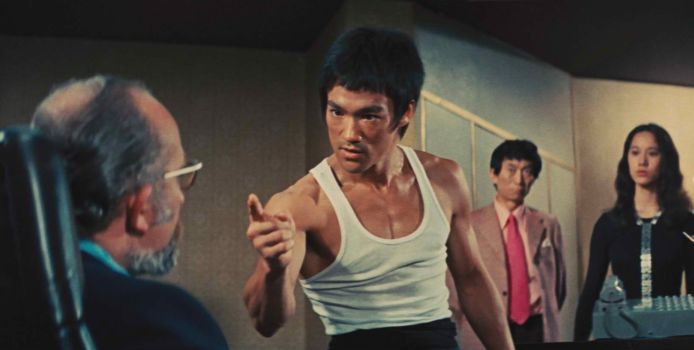
This article is part of a series on the history of Hong Kong action cinema – find the other parts here. The 1960’s and 70’s are probably the most pivotal time regarding the growth of Hong Kong action films. The Martial Arts craze would take shape as the Shaw Brothers become the foremost authority regarding the kung-fu craze that would follow in the wake of their massive quantity of quality movies.
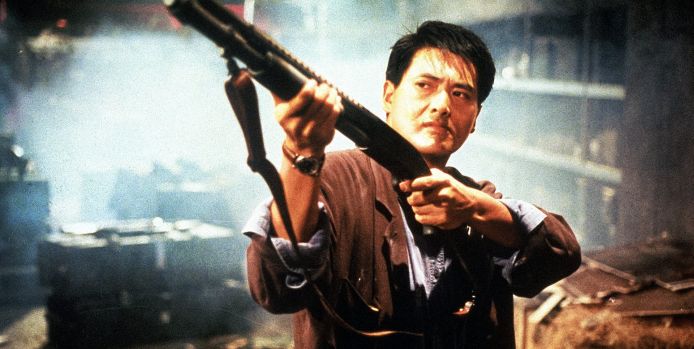
When I was young my Uncle Fred was our gateway to cool movies at a young age. He would babysit my brother and I, and going to the video store (yes, VHS) was the high point of the evening. After running the gamut of classic R rated action, and horror films we landed on the iconic movies of Bruce Lee.


